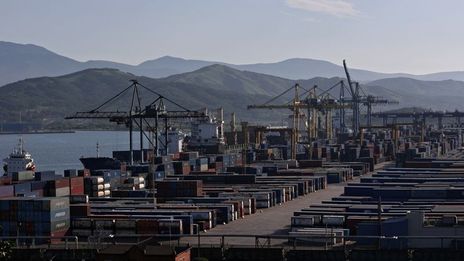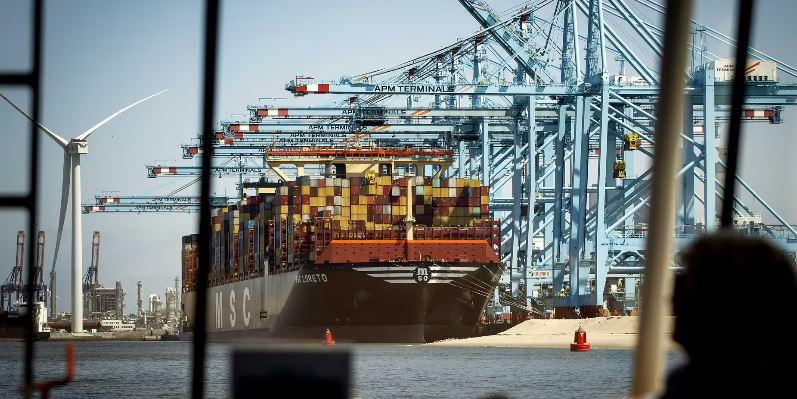The global commercial shipping sector could reduce its carbon emissions by 47 million tonnes per year by deploying artificial intelligence for maritime navigation, according to a study carried out Tuesday by Orca AI, a start-up specializing in autonomous navigation.
Use of the technology could reduce the need for maneuvering and route deviations in the event of close encounters with high-risk marine targets such as ships, buoys and marine mammals, by alerting crew in real time , according to the report.
WHY IT’S IMPORTANT
Maritime transport, which accounts for around 90% of global trade, contributes almost 3% to global carbon dioxide emissions. This share is expected to increase in the coming years if stricter pollution control measures are not implemented.
The International Maritime Organization aims to reduce emissions by 20% by 2030, a target threatened by the ongoing Red Sea crisis.
“In the short term, this may result in a reduction in the number of crew members on the bridge, while those on the bridge will have a reduced workload and more attention to tackle complex navigation tasks , optimizing the journey and reducing fuel and emissions,” Yarden Gross, CEO of Orca AI, told Reuters.
“In the long term, this will pave the way for fully autonomous navigation.
CONTEXT
According to the Organization for Economic Co-operation and Development, global carbon dioxide emissions from shipping reached around 858 million tonnes in 2022, a marginal increase from the previous year.
According to the Orca AI study, 2,976 maritime incidents are reported on average each year.




